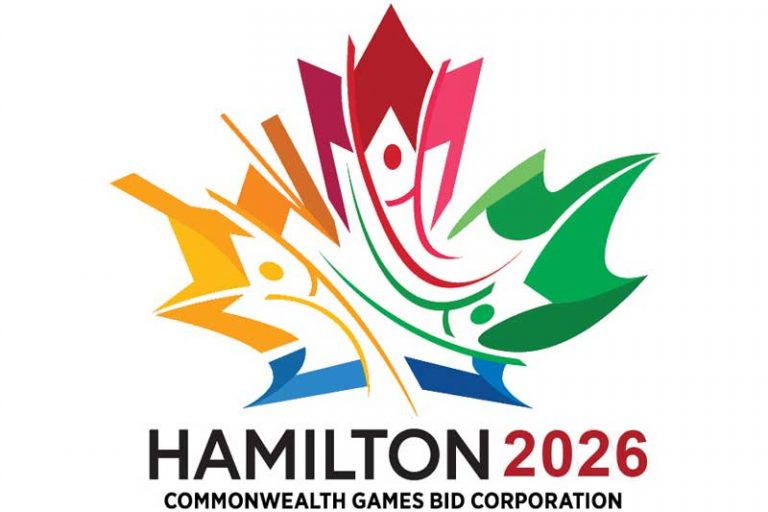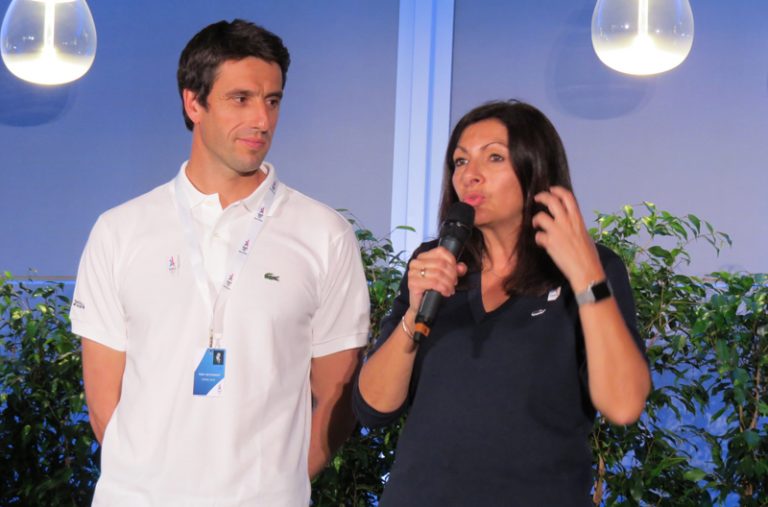
BidWeek, Reporting From Toronto, Canada – Less than two years ago, those who follow the Olympic Movement and take an interest in the Games site selection process were gearing up for a potentially epic battle between Paris and Los Angeles for the right to host the 2024 Summer Games.
A hundred-or-so International Olympic Committee (IOC) members were to cast their ballots in September 2017 and choose between a persistent European Capital and its venue-rich American rival.
The election never happened.
And it could be several years before another such vote is even necessary.
Both Paris and LA were awarded Games, for 2024 and 2028 respectively, without the need for a formal vote. The historic double-allocation was made possible after Budapest, Rome and Hamburg dropped out of the race amid public push-back and concerns with the costs and risks to organize the event.
Fearing further public resentment from two important Olympic nations, IOC President Thomas Bach decided that locking in both cities to host the Games was better than declaring one a “loser” in the race.
Now with the 2026 Winter Olympics bid cycle upon us, there are again only two interested candidates remaining after five cities have fallen out of the race for various reasons. But it remains possible that an election between the two cities scheduled to be held June 24 in Lausanne, Switzerland may not happen at all, despite IOC efforts to put the decision to the IOC Session and its members as it was meant to be.
Indeed, there may be two bids in the running – but potentially only one or none at all – when Summer begins and IOC members gather at the shores of Lac Leman to conduct business.
The breaking point could be the existence of government support, or the lack of it.
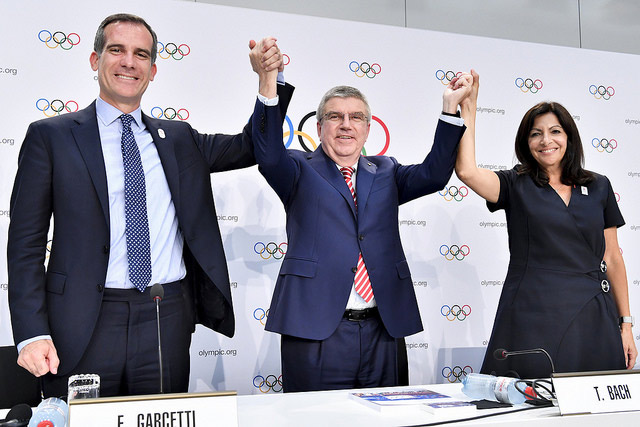
The exact minimum requirements remain ambiguous as the IOC has already extended the deadline for bids to secure guarantees beyond the original January 11 deadline and have been willing to accommodate each project individually in order to keep them in the running.
Delays caused by a previously hung Parliament in Sweden have caused challenges for the Stockholm-Åre 2026 candidate, and a city government coalition formed on the basis that it would not support an Olympic bid. Officials say talks with the government are underway, and some progress has been reported.
Last month a spokesperson for the Milan-Cortina 2026 joint bid told me that all guarantee requirements were delivered to the IOC ahead of the January deadline and that I can be assured Italy will be ready to sign the host city contract in June. But last year the Italian government vowed that it would not provide any funding for the Olympics, and bid officials now say cash from the wealthy regions representing the joint bidders will fund the project which includes a USD $53 million sliding track renovation in Cortina d’Ampezzo to leverage facilities built for the 1956 Olympics.
On Tuesday, IOC Executive Director Christophe Dubi put his spin on the situation declaring that there was no longer a deadline for specific guarantees, and that information would continue to be delivered to the IOC up until the date of the final ballot.
“Flexibility is the key word,” he said in a media call from IOC headquarters in Lausanne.
“The project is really building up to a level where all the information is required.”
But does the IOC really have any other choice than to be flexible?
I have been unable to confirm claims from Swedish and Italian officials that necessary guarantees are already, or about to be put in place. The IOC seems to be rewriting the rules, and its own charter, along the way.
Previously the Olympic Charter forbid candidate cities to be jointly named, which is why Vancouver was forced to drop the hyphenation with Whistler from its 2010 bid candidacy brand. Now, the IOC seems to be embracing the joint naming convention for the Winter Games bids as it emphasizes the regional nature, and thus the perceived sustainability of the projects.
Stockholm added Åre to its bid brand just a few weeks ago, and only days ahead of the Åre 2019 World Skiing Championship that got underway and grabbed international headlines at the start of February.
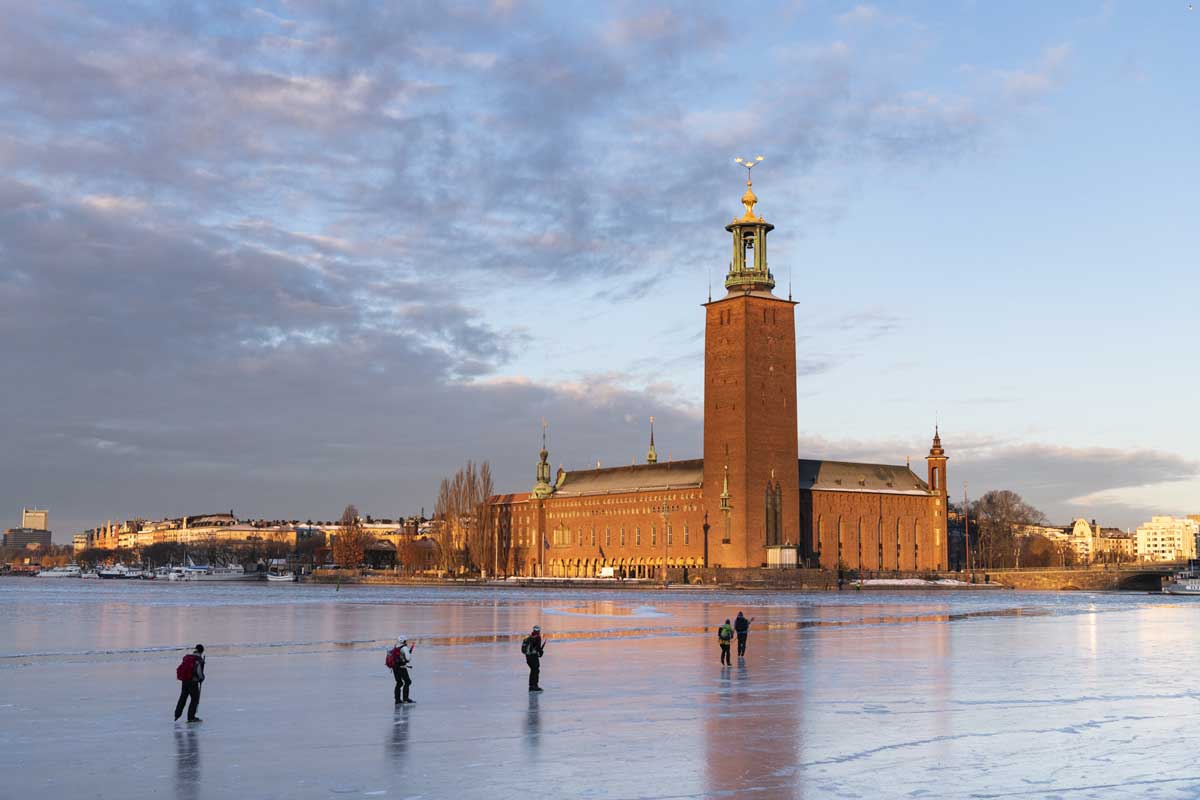
What else will the IOC be willing to change in order to ensure it has a willing, capable and supported host city for future Olympic Games?
Could the organization do away with bid city elections altogether and conduct individual negotiations with compatible cities and let the Executive Board decide?
Arguably, the most anticipated privilege of the 100-or-so IOC members is their opportunity to cast a ballot in support of their chosen bid. It won’t be easy for that same group to to agree to surrender that right. But maybe that doesn’t need to happen.
Should either Stockholm-Åre or Milan-Cortina fail to deliver on IOC requirements ahead of the scheduled June election – there will be no vote. The other city would simply need IOC Member approval to be named host city – something that would be a simple rubber-stamping. If they both fail to stay in the race, there will be no ballot and the IOC would have to leverage its plan B.
Oh, and IOC President Bach said last year that there is no plan B. But certainly opening up another bid process would not be an option.
Salt Lake City has been named the United States Olympic Committee (USOC) nominee to host a “future bid” for the Games. With most venues constructed for the 2002 Games still in use and read to go any time, the Utah city remains the go-to site should the IOC be left with no other option. There would be no vote, simply an executive decision.
The USOC’s ambiguous plan to bid for and host a an unnamed future Games was put in motion with a letter of intent to the IOC just hours before the deadline for 2026 applicants – but USOC officials have vehemently denied any interest in hosting the 2026 edition because of how it might interfere with marketing programs set for the Los Angeles Summer Games scheduled two years later, in 2028.
Los Angeles, by-the-way, was elected without contest as part of that double-allocation.
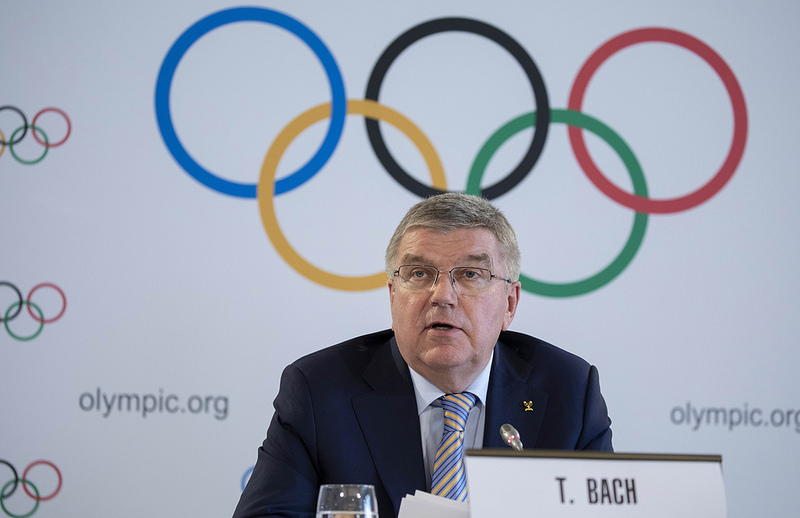
So now there is a precedent, one that could apply to Salt Lake City should the IOC prefer to lock in the U.S. city for the 2030 Games rather than roll the dice and see what cities may or may not be interested in the opportunity four years hence.
Later this year citizens of Denver will vote on a proposition that could force any future Olympic bids by the city to be subject to a city-wide referendum. Colorado’s capital had been seeking the USOC nomination won by Salt Lake City in December, and is famous in Olympic circles for being the only elected host city to later renege and send the Games elsewhere.
Calgary, the 1988 host city for the widely acclaimed Winter Games, saw its 2026 bid disintegrate when a referendum revealed that over 56 percent were against hosting the Games for a second time. Last week – without a Games on the horizon and the associated government funding – the sliding track made famous by the Jamaican Bobsled team may have closed for the last time. It needs millions of dollars in repairs before it can reopen again.
Earlier in the Summer voters across Valais, Switzerland similarly rejected a 2026 bid for a Games right in the IOC’s home country.
The IOC is running out of choices.
The 2024 and 2028 Summer Games were awarded without an election, could the 2026 and 2030 Winter Games follow the same path?
And it’s not as if the recently held elections for the Games have been credible or fair.
Japanese Olympic Committee (JOC) President Tsunekazu Takeda is currently under investigation for payments to a consulting firm to allegedly influence IOC voters to vote for Tokyo’s winning 2020 Olympic bid.
Tokyo soundly defeated rivals Istanbul and Madrid in 2013 following what was originally thought to have been a close race.
Rio’s 2016 Olympic bid to become the first South American host city has since been tainted after French prosecutors accused IOC member Frank Fredericks and Rio 2016 organizing committee Chief Carlos Nuzman of trying to influence voters with a suspicious payment of (USD) $1.5 million. All allegations have been denied but are being investigated.
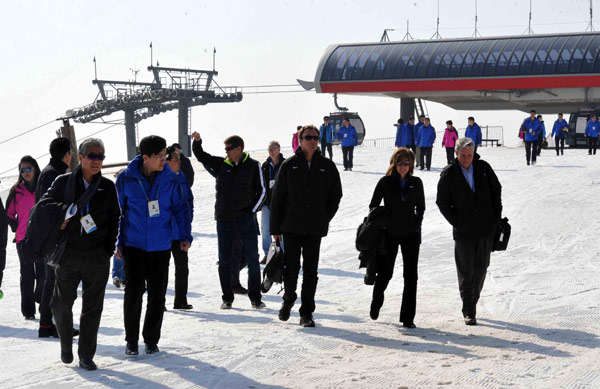
And speaking of Fredericks, the Namibian acted as scrutineer in the suspicious election that saw Beijing defeat Almaty, Kazakhstan to host the 2022 Winter Games. After an initial completed vote held at in 2015 at the IOC Session in Kuala Lumpur the scrutineers intervened when the technology behind the electronic ballots was said to have failed and members were forced to use pencil and paper instead on a second try. The nature of the problem was never fully disclosed, raising suspicions, and IOC officials said the vote had been tallied and seen by scrutineers, but the results were never reported. Beijing won by a close 44-40 vote on the subsequent manual balloting.
Last month IOC honorary member Gian Franco Kaspar seemed to throw his support behind the selection of autocratic nations to host the Games.
“Everything is easier in dictatorships,” said the 75-year-old Swiss, who is head of the International Ski Federation.
He told a Swiss newspaper Tages Anzeiger that “dictatorships can organize events like this without asking anyone’s permission.”
The IOC distanced itself from the controversial statement.
Indeed, it has been several years since there has been an untainted election among candidate cities to host an edition of the Games.
An evaluation commission from the IOC will travel to Stockholm and Åre next week before heading to Milan and Cortina d’Ampezzo at the start of April. Things may become clearer for 2026 after those visits by the IOC experts.
Will there be an election in June? We will wait to see.
If not, it could be four, or six years before the IOC Session is next called upon to cast ballots for their choice of host city.
